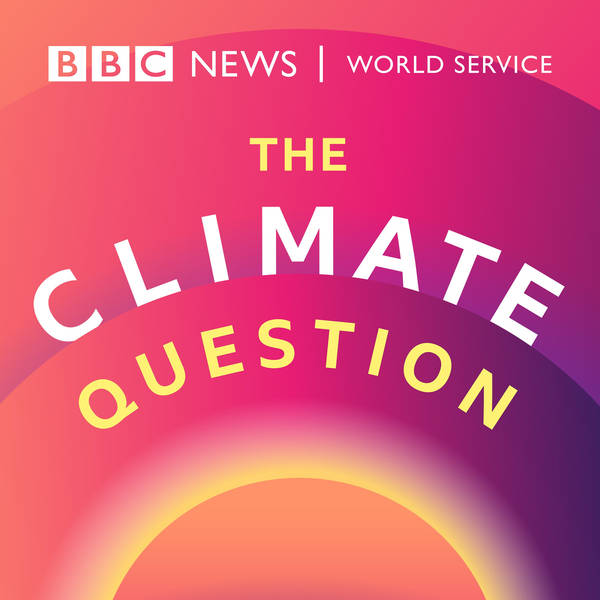
Can animals evolve to deal with climate change?
As climate change brings rising temperatures, droughts and shifting patterns of rainfall, animals are adapting to keep pace. Bird’s bodies are growing smaller, their wingspan longer, lizards are growing larger thumb pads to help them grip more tightly in hurricane strength winds, beak size is changing. We visit the Galapagos, where evolution was first discovered by Charles Darwin, and investigate the many ways animals are adapting their behaviour and physiology to survive the impact of climate change. Changes to climate are also influencing animals’ genetics, meaning that we are seeing species evolve within our own lifetime. However, most animals won’t be able to adapt quickly enough to cope with the speed they need to in order to survive in a warming world. Presenters Jordan Dunbar and Kate Lamble look at what role evolution plays in helping animals adapt to climate change. Contributors: Kiyoko Gotanda, Assistant Professor at Brock University Ramiro Tomala, Expedition leader, Metropolitan Touring in the Galapagos Thor Hanson, conservationist and author of Hurricane Lizards and Plastic Squid Anne Charmantier, Director of Research at Centre d’Ecologie Fonctionnelle et Evolutive (CEFE), Montpellier With thanks to research carried out by Colin Donihue of Institute at Brown for Environment and Society. Producer: Dearbhail Starr Reporter: Mark Stratton Series Producer: Alex Lewis Editor: Nicola Addyman Production Coordinators: Sophie Hill and Siobhan Reed Sound Engineer: Tom Brignell
